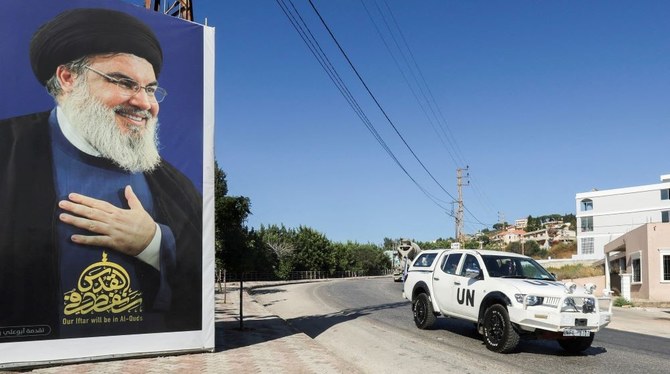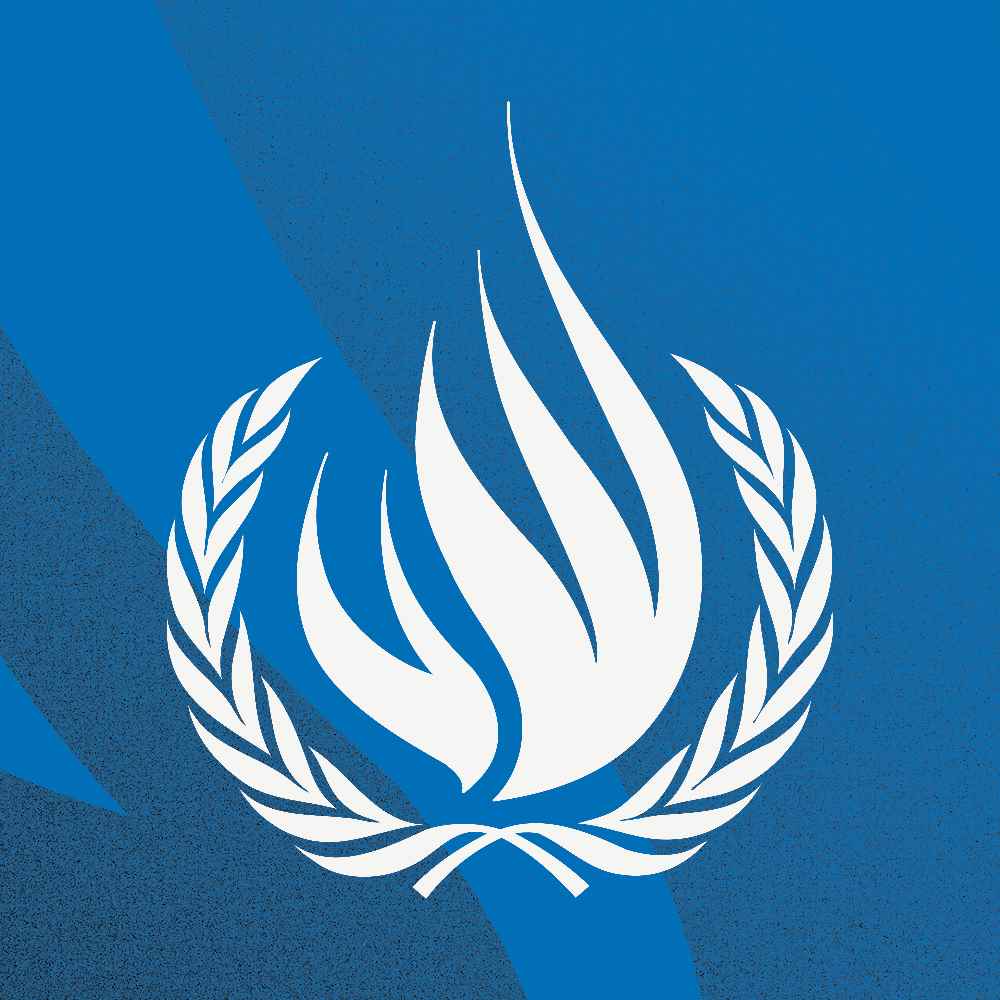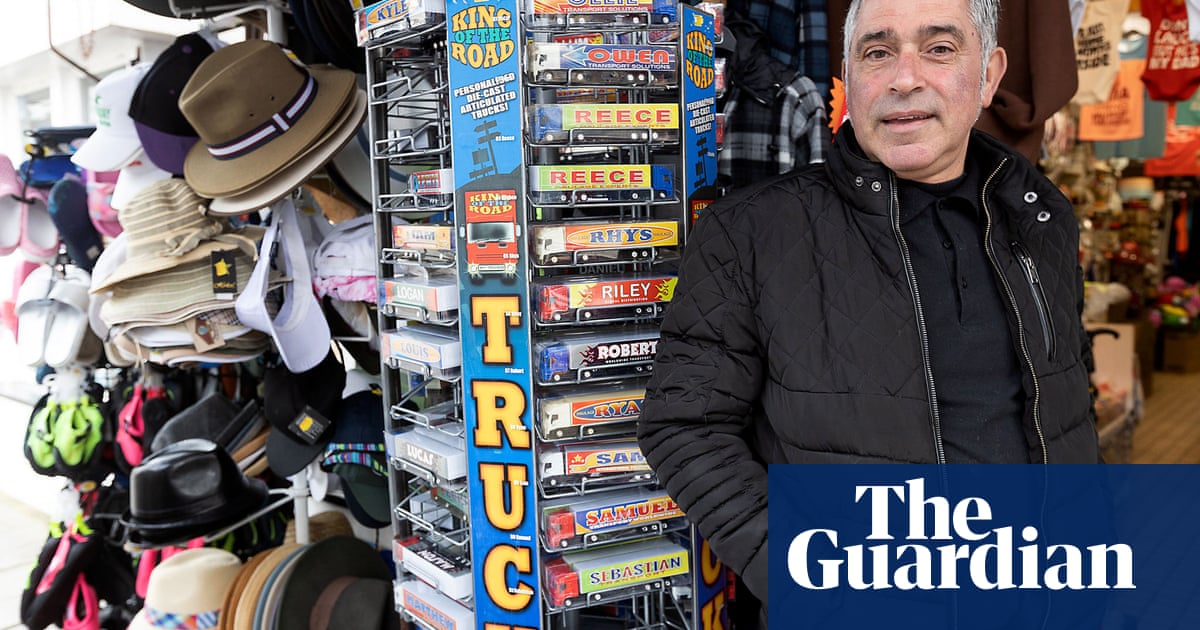
he resignation letter six Barcelona directors handed to a notary on Thursday night, deepening the club’s crisis, included a demand that the external investigation into what has become known as “Barçagate” be completed, with anyone responsible punished and any money repaid. The allegations, first reported by Cadena SER Radio, are that payments totalling €900,000 were made to the company I3 Ventures to run social-media accounts and websites that attacked opposition figures, players past and present, and defended the reputation of the president Josep Maria Bartomeu.
Barcelona, Bartomeu and I3 Ventures have strongly denied wrongdoing, with the president describing the allegations as “completely false”, but either way the episode has made things worse. If it did happen, it didn’t work. Sometimes there are too many fires to be put out and no chance of the men in the middle not getting burnt. However zealously a president is protected – and parts of the media are ready to champion Bartomeu – when so many bad things happen so fast, they are not going to emerge unscathed. And, boy, has a lot happened at Barcelona. Even not playing couldn’t stop that, which may even make sense: for so long, the team have propped up the club; without it, maybe things were bound to fall down.
In an interview in mid-February, Lionel Messi had said: “Since January there has been problem after problem”. He wasn’t wrong and it hasn’t slowed. Nor, in fact, has he. Instead, it has accelerated, the catalogue so endless and so absurd as to be almost comic. The resignation of six board members, including two vice-presidents and the man earmarked as Bartomeu’s successor, isn’t even the latest incident.
Within hours of resigning, Emili Rousaud told RAC1 he thought someone at Barcelona had their “hand in the till”. That prompted a statement from Barcelona “reserving the right to take legal action” – another court case for a club with a collection of them – and insisting that, anyway, the resignations had been all part of Bartomeu’s plans to “restructure” the board. And, so, on it goes.
Any list risks leaving things out, and it is long enough anyway, even when limited to what has happened since January. Barcelona sacked their manager Ernesto Valverde, despite being top of the table. They offered the job to Xavi Hernández, who said no, later implying that he would not return under this board and insisting that “toxic” influences had to be kept away from the dressing room. They offered the job to Ronald Koeman, who said no. As they should have known he would, committed as he is to the Netherlands. And they spoke to Mauricio Pochettino. Who said no too. They gave the job to Quique Setién, who admitted his surprise. This appointment was part of a long process, they said; “I got the call yesterday,” Setién replied, another lie laid bare.
Next, the sporting director Eric Abidal suggested the players had played their part in Valverde’s sacking. Messi, whose patience had long worn thin, who had once claimed that the then vice-president Javier Faus “doesn’t know anything about football”, publicly called Abidal out, accusing him of “sullying” the players names and demanding Abidal take responsibility for his own actions.
Messi had leapt in because, as he later admitted, he was sick of the accusations that he runs the club. “I don’t know why people think that,” he said. Perhaps because they wish he did.
There was more. Barcelona needed a striker. They didn’t buy one, but they did sell two. They lost Luis Suárez and Ousmane Dembélé to long-term injuries and made the emergency signing of Martin Braithwaite – for more than they had been prepared to spend when the window was actually open, leaving Cédric Bakambu stranded at an airport thousands of miles away and leaving the squad so thin that they didn’t have enough first-team players to fill the bench. Defeat in the clásico followed, for the first time in four years. And, with every new day, new transfer targets but no new money to buy them with.
In the midst of it all came the I3 Ventures allegations and the suspension of Jaume Masferrer, the president’s closest adviser – a scapegoat who many believe is still there behind the scenes. Then came negotiations over a pay cut – at the club that, a month before, had announced itself as the biggest sporting brand in the world – and yet another public display of discontent and division. The players were furious, a statement released by Messi expressing “surprise” that from “within the club” they had been thrown to the lions, strategic leaks in their preferred papers designed to pressure them and make them look bad. “We were angry because things were said that were not true,” Suárez noted this week.
The players also put up an extra 2%, paying those employees the club could not or would not. Good news that made the club look bad and its president look worse. His public insistence that the leaks had not come from him or the CEO Oscar Grau, pushing blame elsewhere, deepened distrust on the board, where some members were demanding answers about that and about I3: they wanted to know too why so much had been paid, and why it had been paid in instalments conveniently small enough to avoid triggering internal audits – all of which came to a head with Rousaud’s accusations.
The debt is asphyxiating, the squad debilitated. Weaker by the year, but no cheaper: players’ salaries account for an unhealthy 67% of the budget. There is mistrust everywhere: between players and board; between board member and board member, too. Bartomeu, whose mandate runs until 2021 when he cannot stand again, was encouraged to bring forward elections. Some thought his model too presidentialist, and consider him too indulgent of footballers who have even less faith in him than they do. He saw disloyalty, even among those board members who were supposed to be more firmly on his side, building to a Catalan night of the long knives.
It is only a month since Bartomeu named Rousaud as a vice-president, the man put into place to succeed him. Instead, Bartomeu moved against him. On Tuesday he called four directors – Rousaud, Enrique Tombas, Silvio Elias, Josep Pont – and in effect invited them to walk, knowing that he could not sack them. “He told me he had concerns about a series of directors, including me: it’s illogical,” Rousaud said. “I don’t like the way he handled it.”
Two days later, Rousaud, Tombas, Elias and Pont did indeed walk. That could be seen as a victory, but Bartomeu had not anticipated their being joined by Jordi Calsamiglia and Maria Teixidor. Besides, collective resignation is rarely a victory for any president, still less when it is as public as the players’ increasing criticism, when it draws divisions even further into the open, when the crises accumulate.
Of the board Bartomeu put together in 2015, less than half are left. There are 13 people there now, when the club’s statutes say there must be at least 14. And, Rousaud claimed, “there are least three more directors considering [resigning]”. Bartomeu has had four sporting directors and as many directors of communication. It is inevitable that people ask whether it really is always their fault; whether at the very least he might have chosen better; and what he will do next time someone steps out of line, where the departures will stop. He has seen seven vice-presidents depart. There are three left, two posts vacant. At least one of them is a man he’s never going to sack, even as many think he should, if only because one of them is he.












